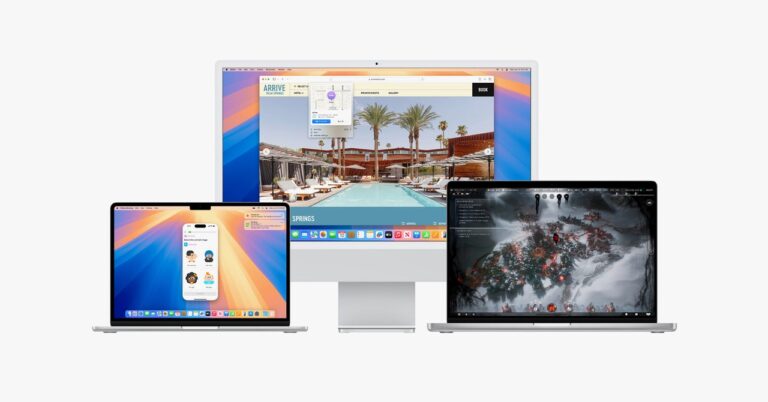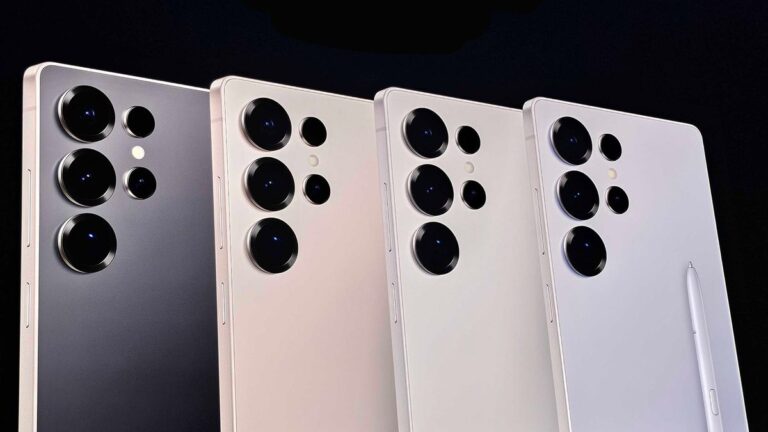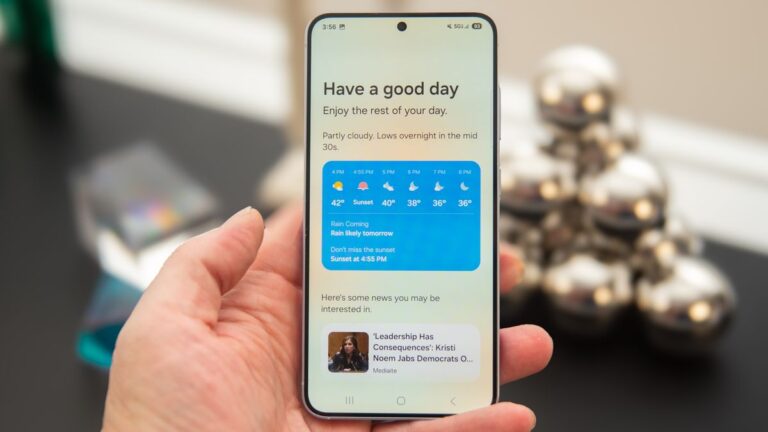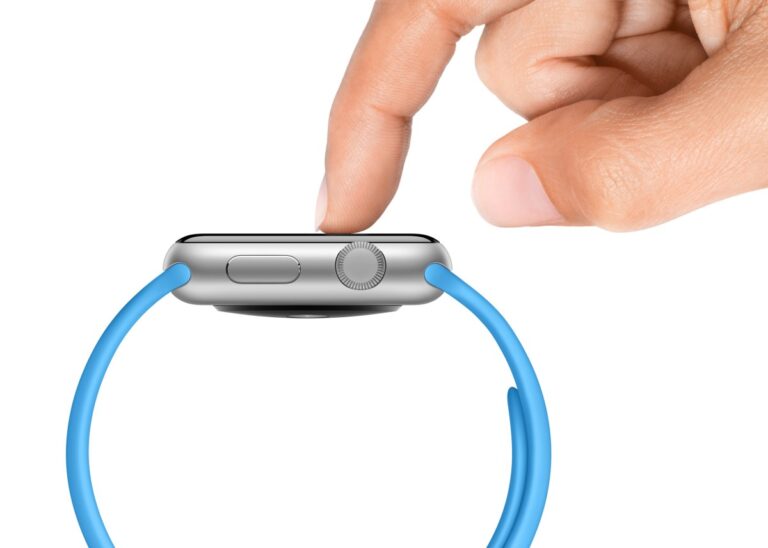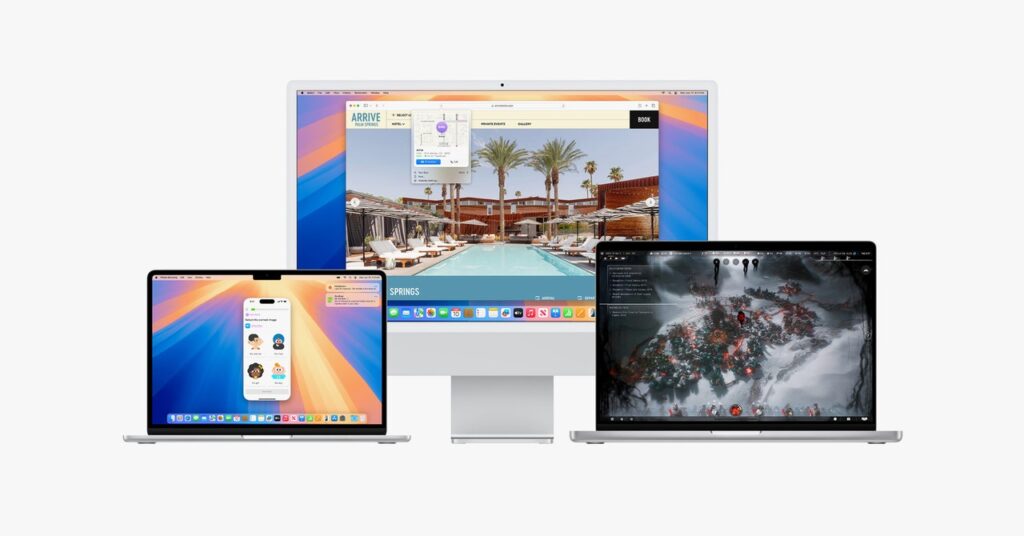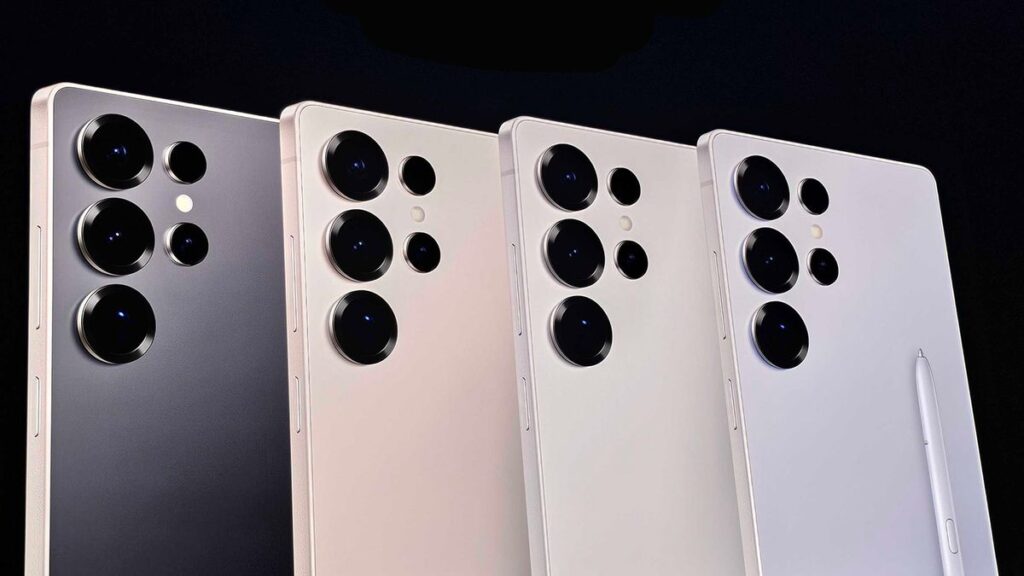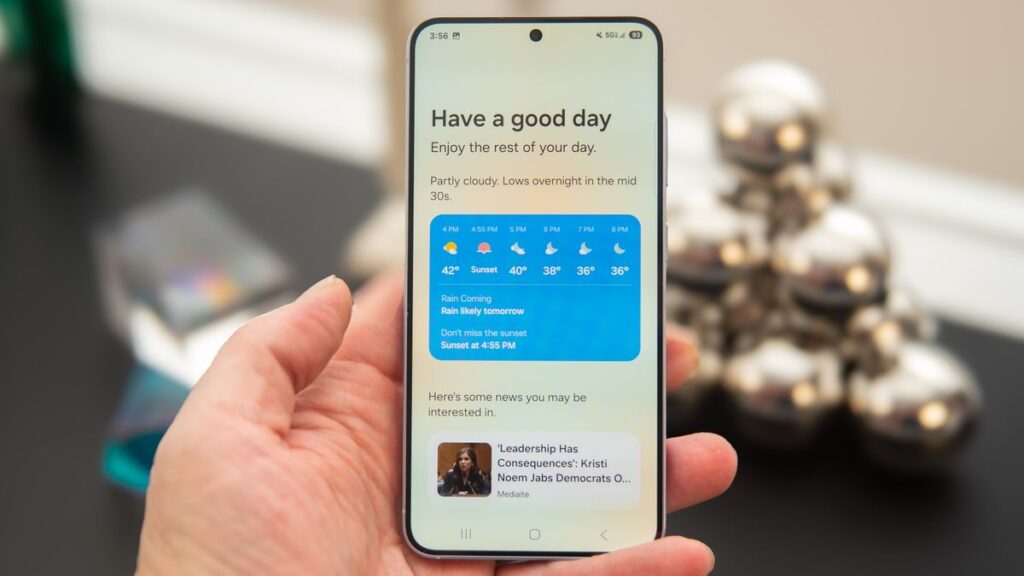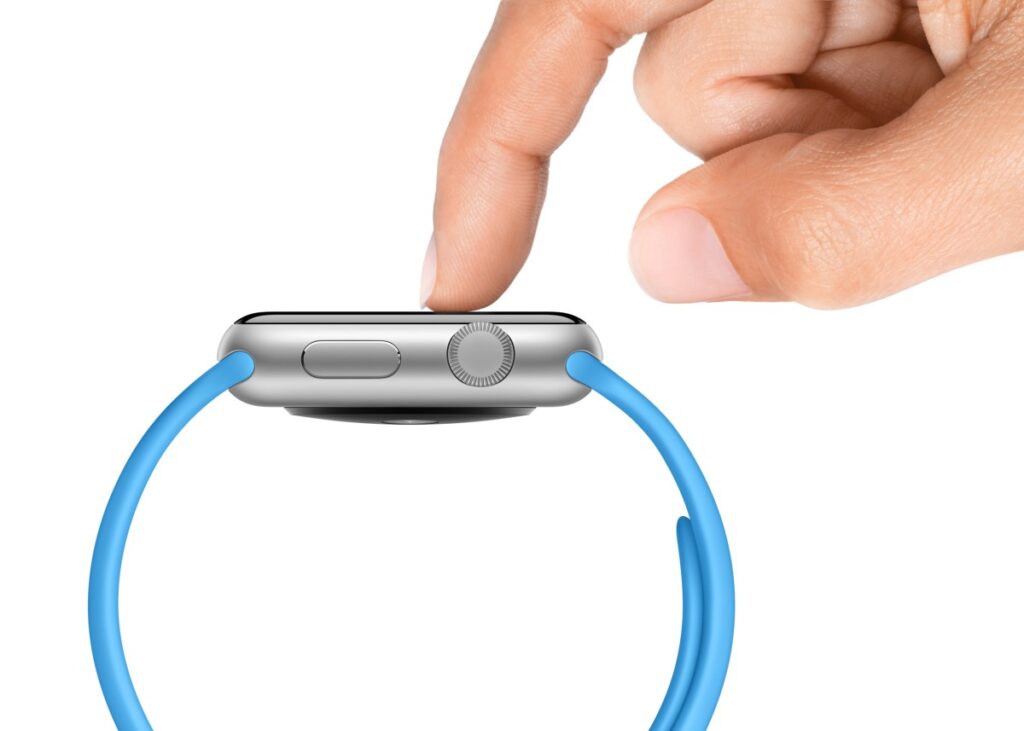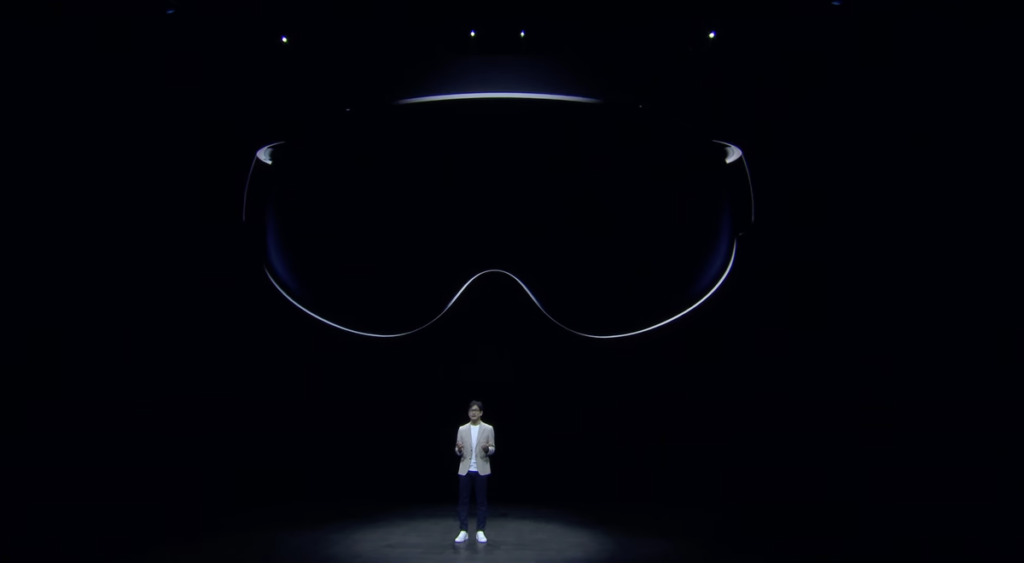The Acquisition of HTC’s XR Division by Google
In a significant move that underscores the tech giant’s commitment to augmented reality (AR) and virtual reality (VR), Google has acquired a portion of HTC’s XR (extended reality) division for a staggering $250 million. This acquisition is not just a financial transaction; it represents a strategic partnership aimed at bolstering Google’s capabilities in the rapidly evolving world of immersive technology. HTC, a pioneer in the VR space, has been a key player in the development of VR hardware and software, making this acquisition a noteworthy development for both companies.
The HTC XR division has long been recognized for its innovative products, including the HTC Vive series of VR headsets. By bringing a part of this division into its fold, Google aims to leverage HTC’s expertise in hardware design and development, which could lead to enhanced experiences in its own AR and VR offerings. This acquisition signals a new chapter in the ongoing race among tech companies to dominate the XR landscape, and Google is positioning itself as a formidable contender.
Implications for Google’s XR Strategy
Google’s acquisition of HTC’s XR division has significant implications for its future strategy in the XR ecosystem. With this move, Google can enhance its existing products and develop new ones that align with its vision for a more immersive digital experience. The tech giant has long been invested in AR through its Google Lens and ARCore platforms, but this acquisition provides a critical hardware component that could elevate its offerings.
The integration of HTC’s expertise could lead to the development of next-generation VR headsets or AR glasses that not only compete with current market leaders but set new standards for the industry. These advancements could revolutionize how consumers interact with digital content, making it more engaging and accessible. As competition in the XR space heats up, this acquisition positions Google advantageously to innovate and capture a larger share of the market.
HTC’s Shift in Focus
For HTC, this acquisition marks a pivotal shift in focus. The company has faced various challenges in recent years, including stiff competition from rivals like Oculus and Valve. By divesting a portion of its XR division, HTC can streamline its operations and concentrate on its core business areas. This strategic move allows HTC to focus on its smartphone division and other technological innovations that can drive growth.
Despite the sale, HTC remains committed to XR technology and will continue to develop its existing VR products. However, this partnership with Google could lead to collaborative projects that benefit both companies. As HTC pivots its focus, it retains the opportunity to leverage Google’s extensive resources and market reach, potentially leading to a revitalization of its brand in the XR space.
The Future of XR Technology
With this acquisition, the future of XR technology looks promising. The collaboration between Google and HTC could pave the way for groundbreaking advancements in AR and VR. The combined knowledge and resources of these two tech giants have the potential to create immersive experiences that are not only more intuitive but also more widely adopted by consumers.
As companies continue to explore the possibilities of XR, we can expect to see innovations that enhance various industries, including gaming, education, healthcare, and remote work. The integration of AR and VR into everyday life could transform how we interact with technology, creating opportunities for new business models and applications that we have yet to imagine.
Potential Products and Innovations
In light of this acquisition, many are speculating about the types of products that could emerge from this partnership. Google has a history of pushing the envelope with its hardware, and combined with HTC’s expertise in VR, we could see the development of advanced VR headsets that offer unparalleled user experiences. Imagine headsets that seamlessly blend AR and VR, allowing users to interact with digital and physical environments in real-time.
Moreover, the integration of AI technology into XR experiences could revolutionize content creation and consumption. Google’s prowess in AI and machine learning could lead to smarter, more interactive applications that respond to user behavior and preferences. This could enhance gaming experiences, create more engaging educational tools, and even improve virtual meetings by making them more interactive and lifelike.
The emphasis on social interaction in VR is another area ripe for innovation. As remote work and virtual collaboration become more common, the demand for social VR platforms will increase. Google and HTC could develop solutions that facilitate seamless collaboration in virtual spaces, making remote work more productive and enjoyable.
Industry Reactions and Market Impact
The news of Google’s acquisition of HTC’s XR division has generated considerable buzz in the tech industry. Analysts and industry experts are closely watching how this partnership will unfold and what it means for competitors. Many believe that this move could disrupt the current balance in the XR market, particularly if Google successfully integrates HTC’s technology into its product lineup.
Competitors like Meta (formerly Facebook), Sony, and Apple are likely to feel the pressure as Google ramps up its XR efforts. Each of these companies has invested heavily in their own VR and AR initiatives, and Google’s acquisition positions it as a more formidable player in this space. The potential for enhanced user experiences and innovative product offerings could shift consumer preferences and market dynamics.
Investors are also optimistic about this acquisition, viewing it as a strong signal of Google’s commitment to the XR market. As companies increasingly recognize the importance of immersive technology, stock prices for companies involved in XR development could see positive momentum. The long-term impact on the market will depend on how effectively Google and HTC can collaborate and innovate in this rapidly evolving landscape.
The Role of Partnerships in XR Development
The acquisition of HTC’s XR division by Google highlights the growing trend of partnerships and acquisitions in the tech industry, particularly in the XR space. As companies strive to stay competitive and innovative, collaborations can provide the necessary resources, expertise, and technology to accelerate development.
Partnerships between tech giants and established hardware manufacturers can lead to faster product development cycles and more comprehensive solutions. For instance, Google could leverage HTC’s existing relationships with developers and content creators to foster a thriving ecosystem for XR applications. This collaborative approach could result in richer content offerings and a more engaging user experience.
Furthermore, the acquisition underscores the importance of maintaining a diverse portfolio in technology. By integrating hardware capabilities with its software and AI innovations, Google is positioning itself to create a holistic XR experience that meets the needs of various consumer segments. This approach can drive growth and increase market share in a competitive landscape.
Challenges Ahead for Google and HTC
While the acquisition presents numerous opportunities, it is not without challenges. Integrating two distinct corporate cultures and aligning their strategic goals can be complex. Google and HTC will need to navigate potential hurdles related to product development timelines, resource allocation, and market positioning.
Additionally, the XR market is still in its infancy, and consumer adoption rates can be unpredictable. Google and HTC must be prepared for the possibility that their innovations may not immediately resonate with consumers. They will need to invest in marketing and education to ensure that potential users understand the value and applications of their XR products.
Furthermore, as competition intensifies, the pressure to deliver innovative products will be immense. Both companies will need to stay ahead of trends and consumer demands while continuously refining their offerings. The ability to adapt and pivot in response to market feedback will be crucial for their success in the XR landscape.
The Broader Impact on the Technology Sector
Google’s acquisition of a portion of HTC’s XR division is likely to have broader implications for the technology sector as a whole. As more companies recognize the potential of XR technology, we may see a wave of similar acquisitions and partnerships aimed at enhancing capabilities and driving innovation.
This trend could accelerate the pace of technological advancements in AR and VR, resulting in a wider array of applications and experiences for consumers. As the technology matures, industries such as education, healthcare, and entertainment may begin to adopt XR solutions more widely, leading to significant transformations in how these sectors operate.
Moreover, the growing interest in XR could inspire new startups and entrepreneurial ventures focused on developing innovative solutions and applications. This influx of creativity and competition may lead to even more groundbreaking developments in the field, further enriching the XR landscape.
In conclusion, Google’s acquisition of a portion of HTC’s XR division for $250 million is a pivotal moment in the tech industry, signaling a commitment to innovation and collaboration in the XR space. As both companies work together to push the boundaries of what is possible in augmented and virtual reality, the implications for consumers, competitors, and the broader technology sector will be profound. The future of XR is bright, and this acquisition is just the beginning of an exciting journey.

